Native British farm breeds continue to decline
Latest figures from the Rare Breeds Survival Trust indicate certain breeds are 'in freefall'.


Latest figures from the Rare Breeds Survival Trust (RBST) highlight the continued and worrying decline of the most endearing and precious of our native farm breeds, from the contented, mud-loving Gloucester Old Spot pig to the prick-eared Border Leicester sheep—the charity’s new 2016 Watchlist poster is covered in minus signs. Although no British breeds have been lost in more than 40 years, thanks to the enthusiasm of individual owners and societies, and sheep and cattle breeds are reasonably stable, chief executive Tom Beeston points out that numbers are not everything: the gene pool is shrinking alarmingly.
‘We have major concerns over fall- ing numbers of registrations, but what is potentially an even greater long-term threat is the growing lack of genetic diversity,’ he warns. ‘The founders of the trust [in 1973] recognised the importance of ensuring that the genetics of our native breeds were preserved, but they may not have realised just how much more significant they could be for future generations of food producers.
‘Issues such as climate change, the impact of rising incomes in the developing world and a surging demand for animal products had yet to be raised then. It’s now predicted that, by 2050, demand for animal protein will be 50%–100% higher than now and that demand has to be satisfied against a background of major environmental changes.’
The RBST’s Gene Bank has a funding target of £5 million–£10 million. This year’s aims include collecting semen from Lincoln Red, British White and Shetland bulls, a Highland pony stallion, four rare-breed boars and three billy goats as well as embryos from Norfolk Horn ewes and nanny goats. Recent semen collections include North Ronaldsay, Portland, Leicester Longwool, Soay and Devon Closewool rams and two Gloucester bulls. Owners of suitable billy goats are invited to contact the Gene Bank.
Goats were the main focus of the RBST’s Christmas appeal and registrations are up for both the UK’s native breeds; the ancient Bagot, which is starting to find a niche as a useful conservation grazer, shows a rise of 14% in registered breeding females, and the pretty golden Guernsey is up by 3%.
Registrations for native Aberdeen Angus, Gloucester, Irish Moiled and Shetland cattle look healthy, but the White Park is showing a decrease for the third consecutive year and numbers of Vaynol and original-population dairy shorthorns are dropping. Continued enthusiasm for smallholding and the work of individual societies are boosting the native flock, apart from the Border Leicester and Lincoln Longwool sheep, which are both in danger of falling down a category, from ‘at risk’ to ‘vulnerable’, on the RBST Watchlist.
All pig breeds are under pressure except the Welsh—the Landrace, which only came onto the Watchlist three years ago, is already classified as endangered (fewer than 200 breeding sows); the equine sector is described as being ‘in freefall’ and even the ‘safe’ Shetland and Welsh ponies had registration falls of 12% in 2015. Traditional, local hill breeders of Fell ponies in Cumbria are dwindling, but there is some good news in that a record membership figure for the Highland Pony Society indicates more enthusiasm for the breed as a privately owned riding pony.
Sign up for the Country Life Newsletter
Exquisite houses, the beauty of Nature, and how to get the most from your life, straight to your inbox.
Breeds on the move*
Up Castlemilk Moorit sheep (to category 4) Teeswater sheep (to 4) Balwen sheep (to 5) Norfolk Horn sheep (to 5) Whiteface Dartmoor sheep (to 5)
Down Middle White pig (to 2) Landrace pig (to 2)
*RBST Watchlist categories: 5 = minority; 4 = at risk; 3 = vulnerable; 2 = endangered; 1 = critical (02476 696551; www.rbst.org.uk)
-
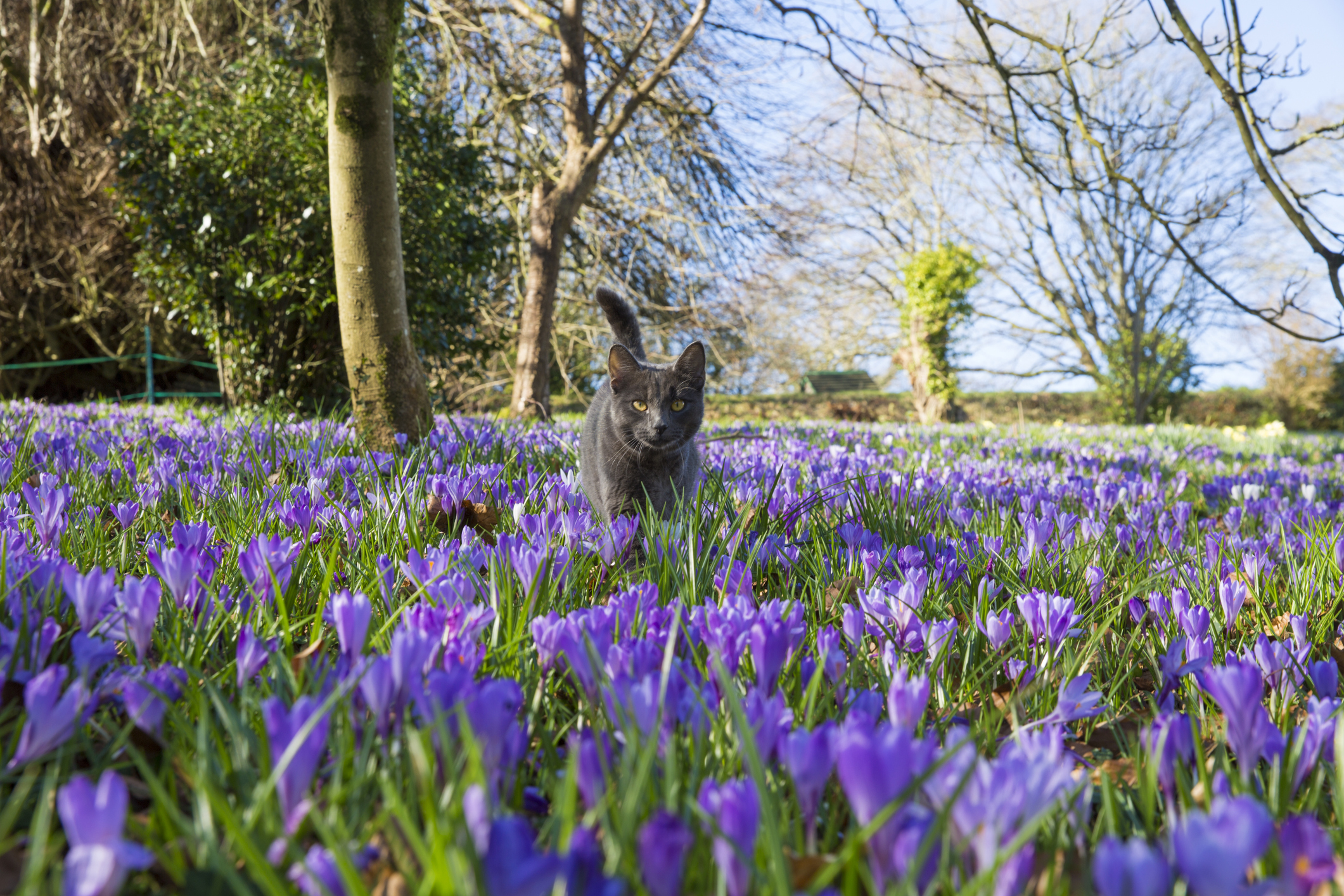 The King's favourite tea, conclave and spring flowers: Country Life Quiz of the Day, April 22, 2025
The King's favourite tea, conclave and spring flowers: Country Life Quiz of the Day, April 22, 2025Tuesday's Quiz of the Day blows smoke, tells the time and more.
By Toby Keel
-
 London is the place for me* (*the discerning property buyer)
London is the place for me* (*the discerning property buyer)With more buyers looking at London than anywhere else, is the 'race for space' finally over?
By Annabel Dixon
-
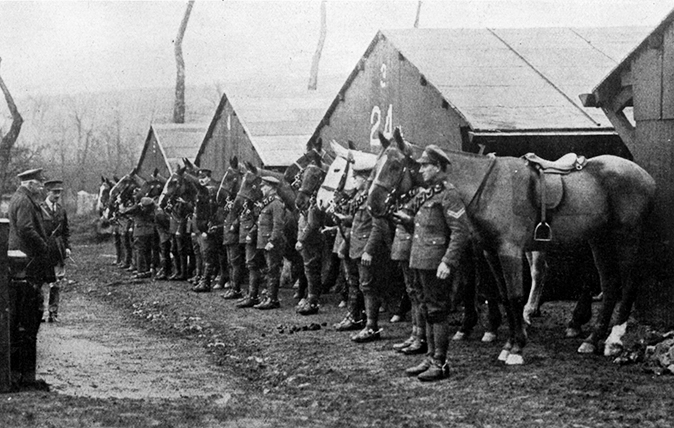 The First World War, as seen through the unique Country Life Picture Archive
The First World War, as seen through the unique Country Life Picture ArchiveCountry Life looks back at the First World War through the lens of the Country Life Archive. View images, read a selection of wartime articles, and also download war artist Muirhead Bone’s first catalogue of drawings, originally published in 1917.
By Agnes Stamp
-
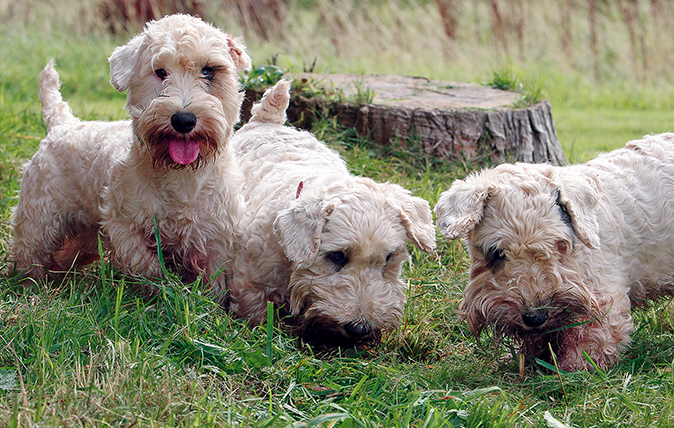 Country Life says: Save our Sealyhams
Country Life says: Save our SealyhamsThe delightful Sealyham terrier is on the verge of extinction. We must reverse the fortunes of this doughty little dog.
By Country Life
-
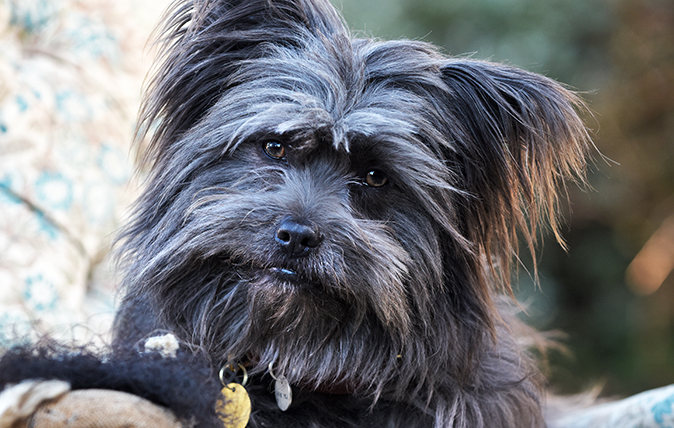 Meet Rabbit, Britain’s naughtiest dog
Meet Rabbit, Britain’s naughtiest dogLovable, scruffy and nearly always in trouble, this Heinz 57 terrier has won Country Life's quest to find the UK's most disobedient dog.
By Katy Birchall
-
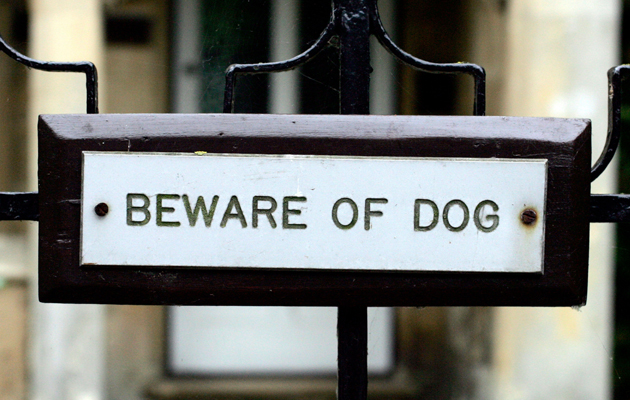 Top 15 naughtiest dogs in Britain
Top 15 naughtiest dogs in BritainWe reveal the winner and runners up of our competition: Britain’s Naughtiest Dog in association with Lily’s Kitchen.
By Katy Birchall
-
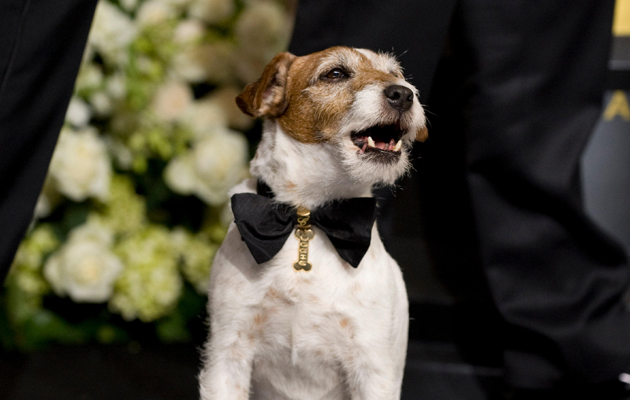 8 famous Jack Russell terriers (and their owners)
8 famous Jack Russell terriers (and their owners)Top terriers.
By Kate Green
-
 Silver sea trout fishing in North Uist
Silver sea trout fishing in North UistCountry Life's Editor Mark Hedges goes fishing for silver sea trout with David Profumo.
By Country Life
-
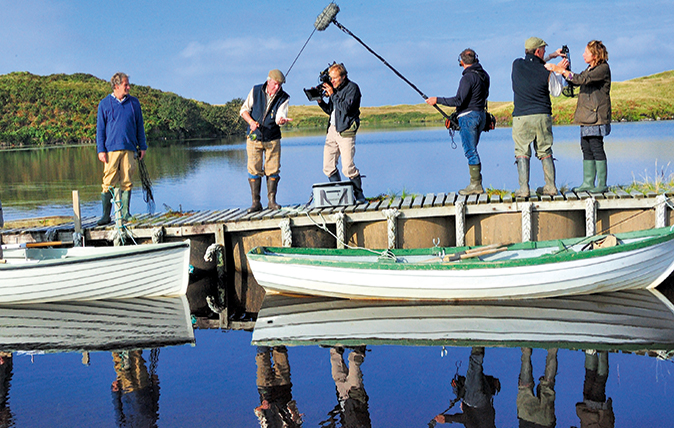 Land of Hope and Glory: British Country Life Episode 2
Land of Hope and Glory: British Country Life Episode 2Learn more about episode 2 of Land of Hope and Glory: British Country Life
By Country Life
-
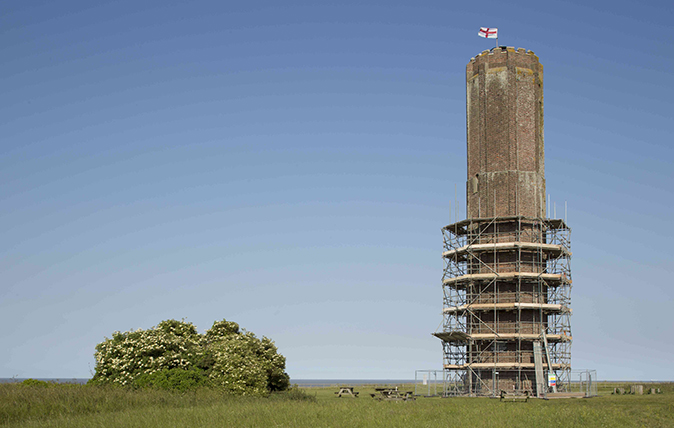 7 heritage sites in need of rescue
7 heritage sites in need of rescueHistoric England publishes an annual Register of Heritage at Risk. Here are seven sites added to the list this year.
By Agnes Stamp